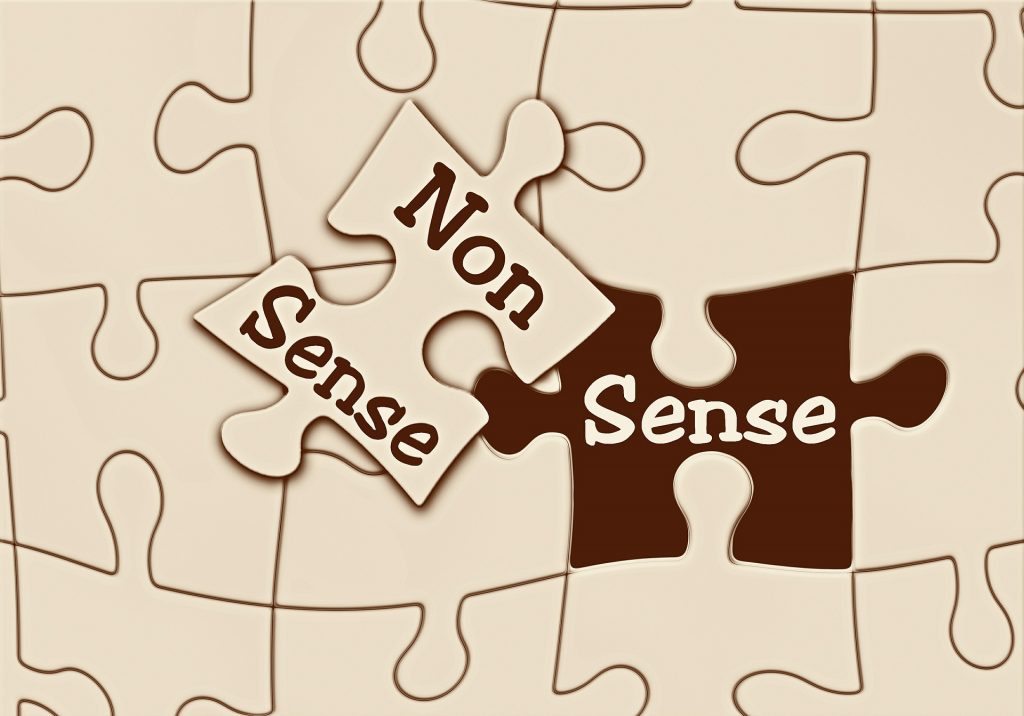 Linguistic Quality Assurance (also known as LQA) involves verifying the precision of a translation for its cultural accuracy, linguistic phrasing, terminology, and so on. The goal is to ensure absolute accuracy and the highest quality of the localized content. Whether your project involves document translation, audio translation, or video translation, LQA is a critical part of the process.
Linguistic Quality Assurance (also known as LQA) involves verifying the precision of a translation for its cultural accuracy, linguistic phrasing, terminology, and so on. The goal is to ensure absolute accuracy and the highest quality of the localized content. Whether your project involves document translation, audio translation, or video translation, LQA is a critical part of the process.
There really isn’t anything such as an insignificant translation error. Spelling mistakes, grammar slip ups, or the wrong idiomatic expression are all a big deal. No doubt you’ve seen translations that are clumsily translated word for word and don’t make sense. No one wants that! You need your translation to sound like it was natively written in that language.
That’s why Linguistic Quality Assurance is so important. And it needs to be applied and integrated at every step of the translation process. If it’s not, and mistakes carry over from one step to another, it can be costly and time-consuming to go back and fix them. In some cases, you may need to start over.
For example, there are special quality assurance issues when translating for the healthcare industry because you’re talking about people’s lives. Translations affect the quality of health care, the likelihood of liability and malpractice claims, and can run afoul of legislative, regulatory, and accreditation mandates if not localized and internalized properly.
Or when you’re talking about localizing software products, there’s much more involved than translation. Now you’re talking about adapting for programming interfaces, operating systems, search engines, currency and accounting standards, culturally-dependent meanings of icons, date formats, calendar systems, and so much more. One mistake made in the beginning throws off everything down the line.
In order to properly incorporate LQA, it’s essential to make translation and editing a two-step process that employs two different linguists. Ideally, an editor first checks and proofs the project completed by the original translator for comprehensiveness and accuracy. The translation and editing is then proofed by a native linguist in context. They pinpoint areas that need improvement and then make the necessary edits.
Alpha Omega Translations always applies Linguistic Quality Assurance so your final translation project is technically, linguistically, and culturally accurate. It’s also evaluated for industry correctness – meaning it’s reviewed in the context of your specific industry whether that’s financial services, technology, the medical profession, etc
We strive to give you a final translation that appears as natural to the audience for which it was translated as it does to the original target market.
The way we do this is we incorporate specific processes, procedures, technologies, and the human touch and mix them up to create a recipe that works for your particular translation project. Not every project is the same, so not every solution looks alike either.
As part of the Linguistic Quality Assurance, Alpha Omega automatically saves your translations to a database, known as Translation Memory (TM). We can then leverage that knowledge for future translations, which cuts costs and speeds up terminology harmonization across all your projects.
To discuss how linguistic quality assurance can solve your globalization challenges, call us or click here for a free quote.




